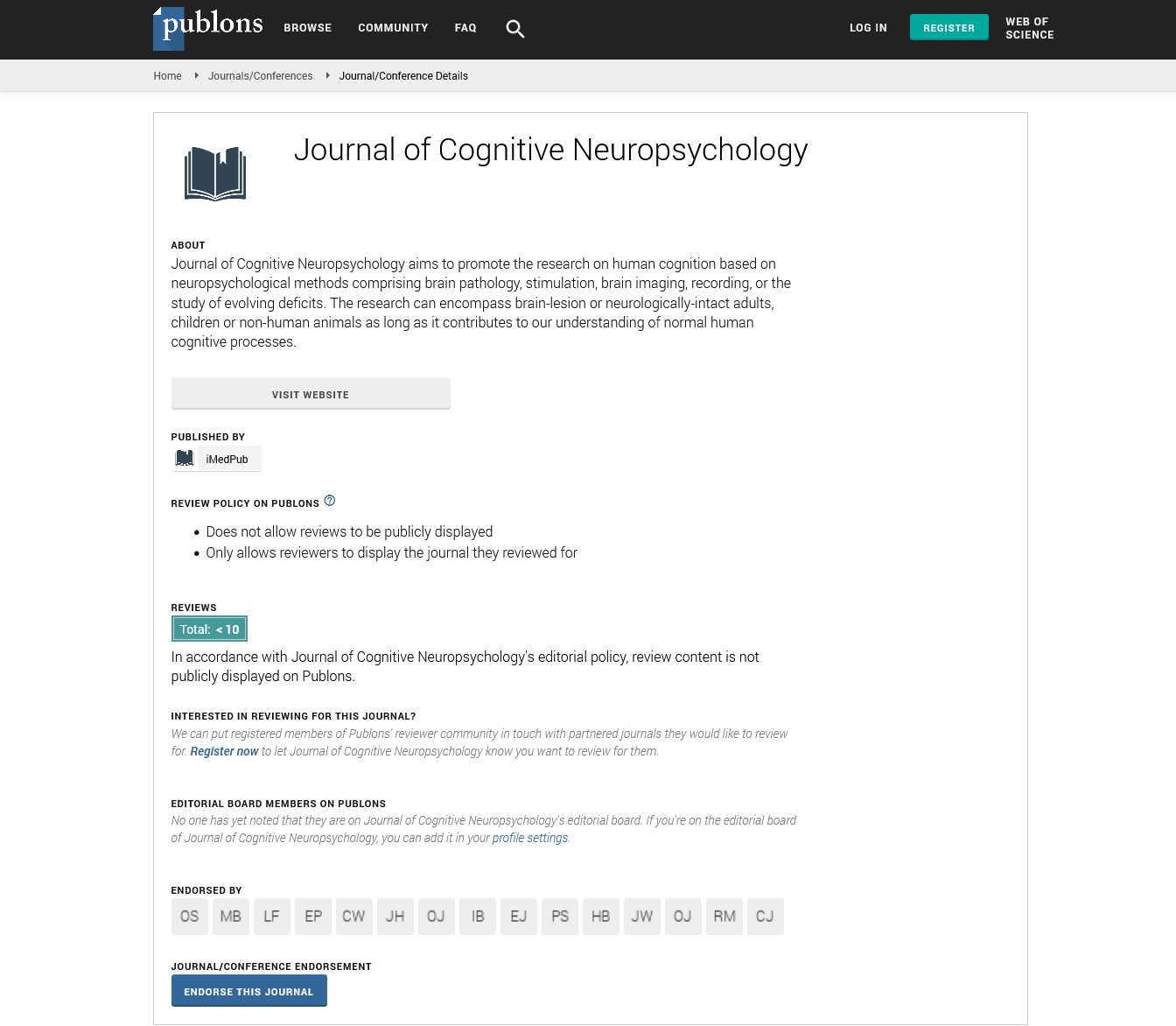Abstract
A Systematic Review on the Effect of Pain on Short-Term Memory in Preclinical Studies
Background
This study is about one of the most important non-physical consequences of pain; Pain can affect a patient’s memory and quality of life. Understanding such a relationship can enable clinicians, friends, family, employers and coworkers to implement appropriate interventions to mitigate the consequences of such problems.
Material and methods
The purpose of this study was to evaluate and compare the results of articles that investigated different memory tests for various kinds of pain in animals. Therefore, databases including MEDLINE, EMBASE, SCOPUS, and Web of Science were searched. The primary eligibility criteria for inclusion was whether STM and/or WM were measured as an outcome variable in an animal study involving neuropathic pain. The risk of bias criteria for animal studies were applied.
Results
Finally, by removing unrelated articles, 13 studies met the inclusion criteria. There is sufficient evidence to support the hypothesis that NP disrupts STM and WM in the animal model. Such effects are probably due to structural changes in different areas of the brain, such as the hippocampus. Lesion side, age and gender hormones can also play a role in mediating hypersensitivity to pain and its effect on learning and memory.
Conclusion
The results of studies have shown that pain can cause STM and WM impairment. The small number of articles on the relationship between acute pain and memory, as well as studies that have examined the structural relationship between the brain and memory and pain, are the main limitations of this study.
Author(s):
Abstract | Full-Text | PDF
Share This Article
Google Scholar citation report
Citations : 8
Journal of Cognitive Neuropsychology received 8 citations as per Google Scholar report
Journal of Cognitive Neuropsychology peer review process verified at publons
Abstracted/Indexed in
- Google Scholar
- Publons
- MIAR
Open Access Journals
- Aquaculture & Veterinary Science
- Chemistry & Chemical Sciences
- Clinical Sciences
- Engineering
- General Science
- Genetics & Molecular Biology
- Health Care & Nursing
- Immunology & Microbiology
- Materials Science
- Mathematics & Physics
- Medical Sciences
- Neurology & Psychiatry
- Oncology & Cancer Science
- Pharmaceutical Sciences
